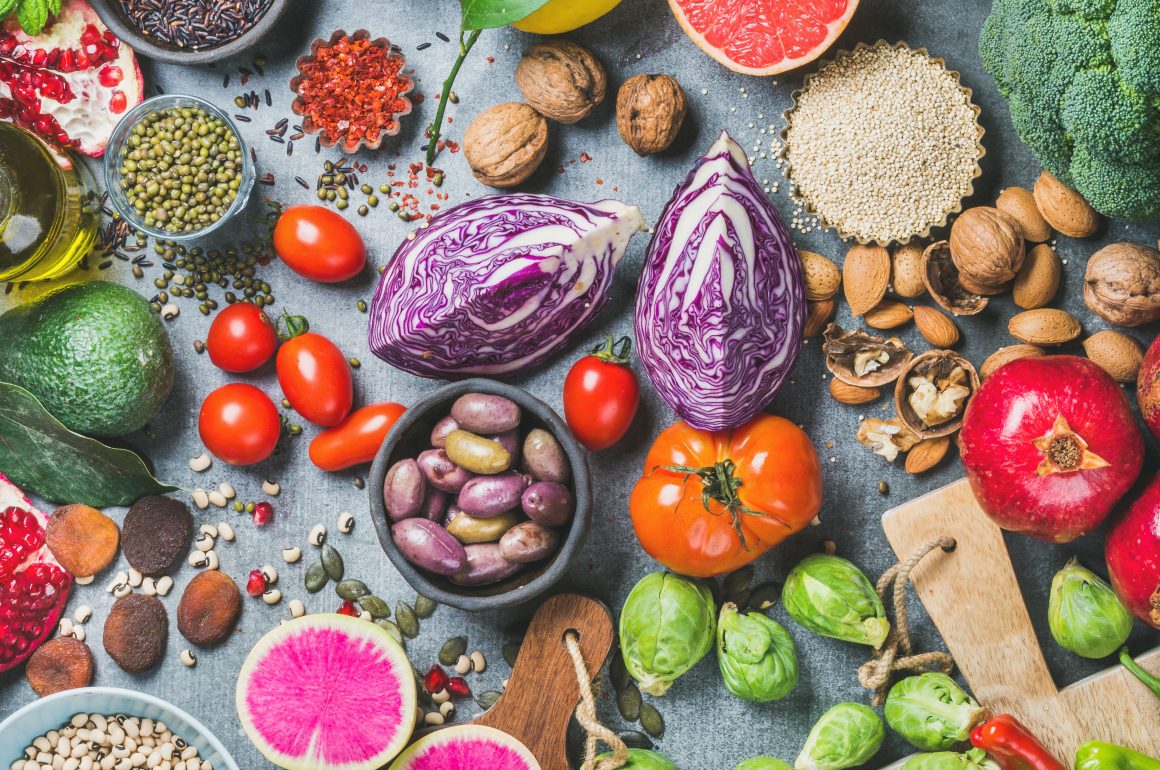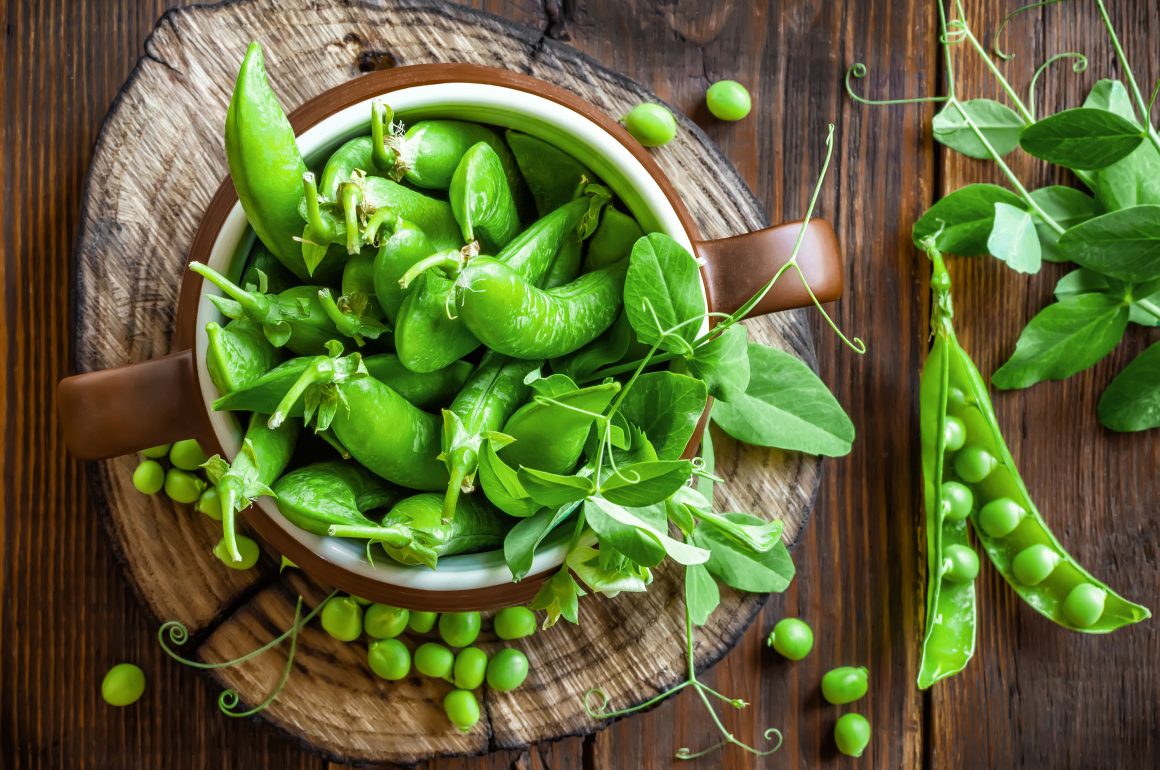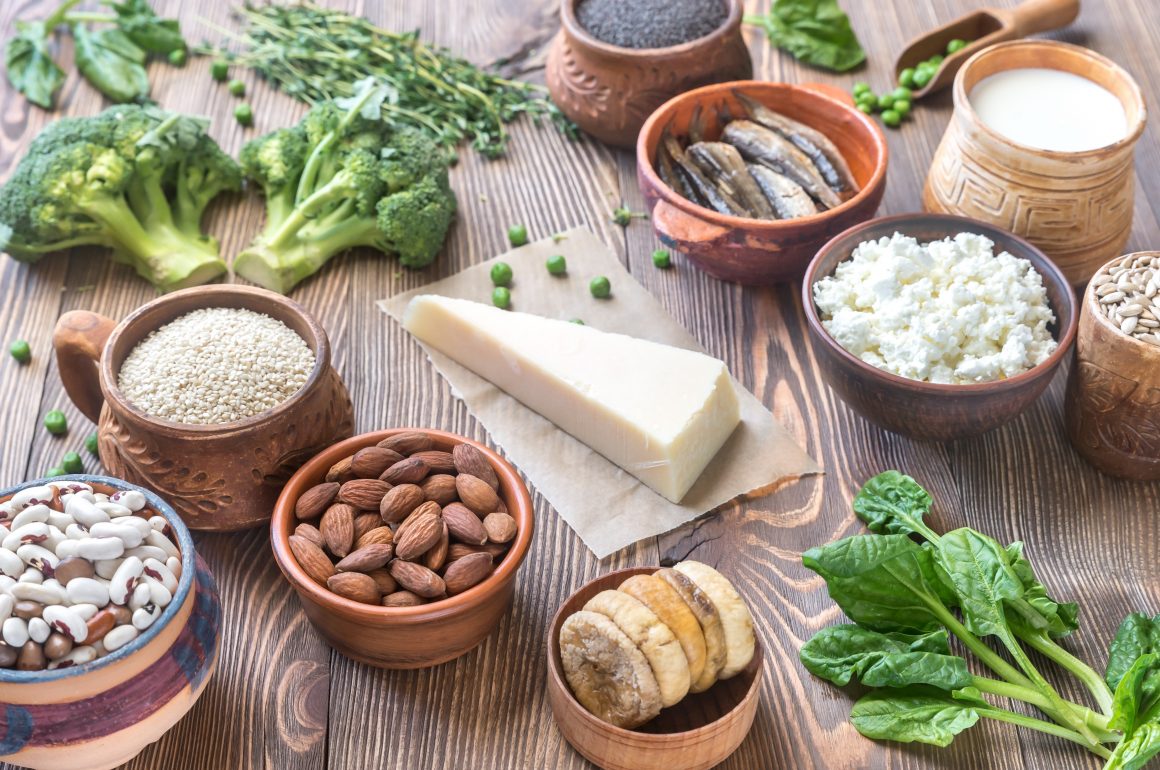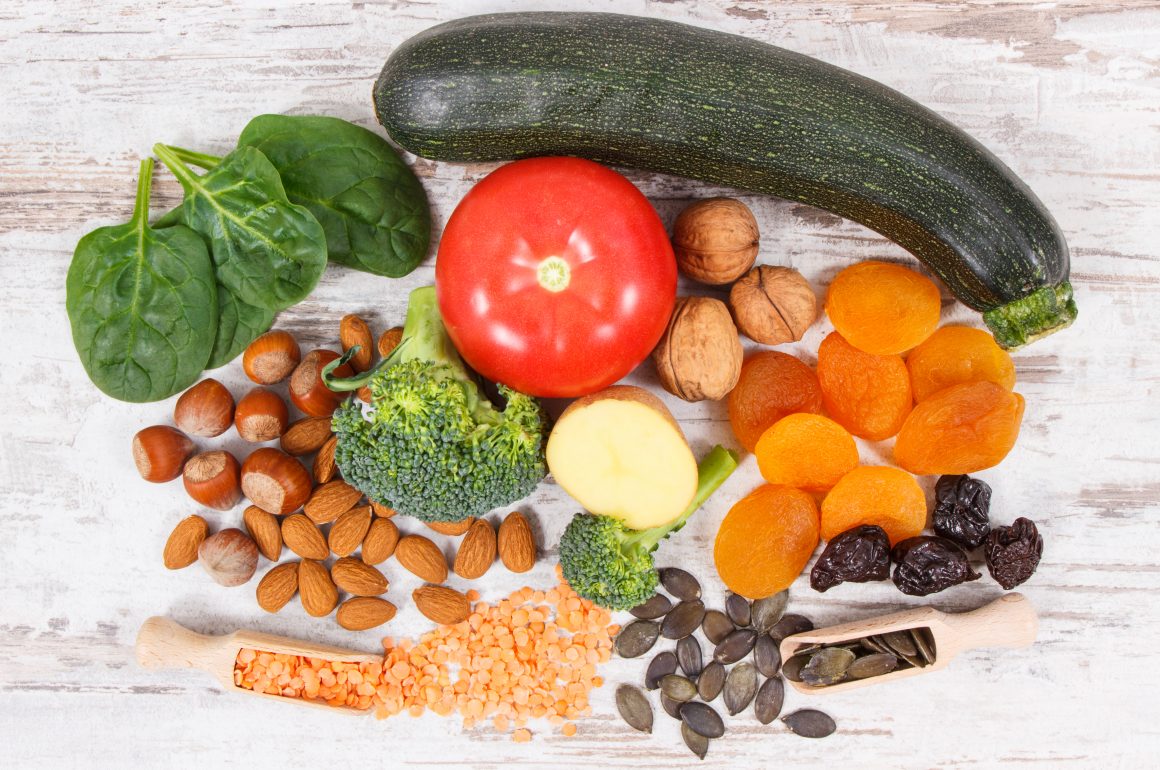
Minerals are involved in numerous body functions and unlike vitamins most people might not be very familiar with them. Minerals are inorganic elemental atoms or ions and unlike carbohydrates, protein and fat, minerals are not changed during digestion or when the body uses them and are not destroyed by heat, light or alkalinity and play many essential roles in our bodies, for example minerals maintain fluid balances, blood pH, nerve transmission and muscle function. Some of these minerals are needed in larger quantities (macro minerals) whilst others are only needed in smaller or trace amounts (micro minerals) by the body.
Each mineral plays a role in our well being. Magnesium for example participates in the catalytic activity of enzymes, calcium and phosphorus are among the minerals that make our bones hard and stable. Our bodies require more than 100 milligrams per day of each major mineral, whereas the dietary need for trace (or micro-) minerals is less than 100 milligrams daily. We consume minerals from food – animal-derived foods are more reliable in some cases. Plant foods also provide us with minerals. Drinking water has variable mineral content and can be a significant source of minerals such as sodium & magnesium.
Below you’ll find a list of major minerals including some food sources which contain these minerals.
The Major Minerals are:
- Sodium (processed foods, soy sauce, pickled foods, salty or smoked meats, cheese and fish, salted snack foods, bouillon cubes, canned & instant soups)
- Potassium (fresh fruits and vegetables are a major source, white beans, raisins, baked potato, spinach, lentils, pumpkin, mushrooms, bananas, sweet potato, chickpeas, halibut, carrots)
- Calcium (milk & dairy products, certain green leafy vegetables, spinach, ricotta cheese, sardine (canned), yoghurt, salmon (canned with bones), firm tofu, almonds)
- Phosphorus (Meats, legumes, nuts, dairy products and grains tend to have more phosphorus than fruits and vegetables, beef (liver), lentils, cod, yoghurt, black beans, chicken breast, lamb, cashews, brown rice, tofu)
- Magnesium (spinach, soybeans, oat bran, brown rice, kidney beans, almonds, cashews, soy milk, crab, artichokes, potato, peanuts)
- Sulfur (Sulfur-containing amino acids provide plenty sulfur for anyone who consumes adequate amounts of protein)
- Chloride (table salt and sodium containing foods)










Leave a Comment